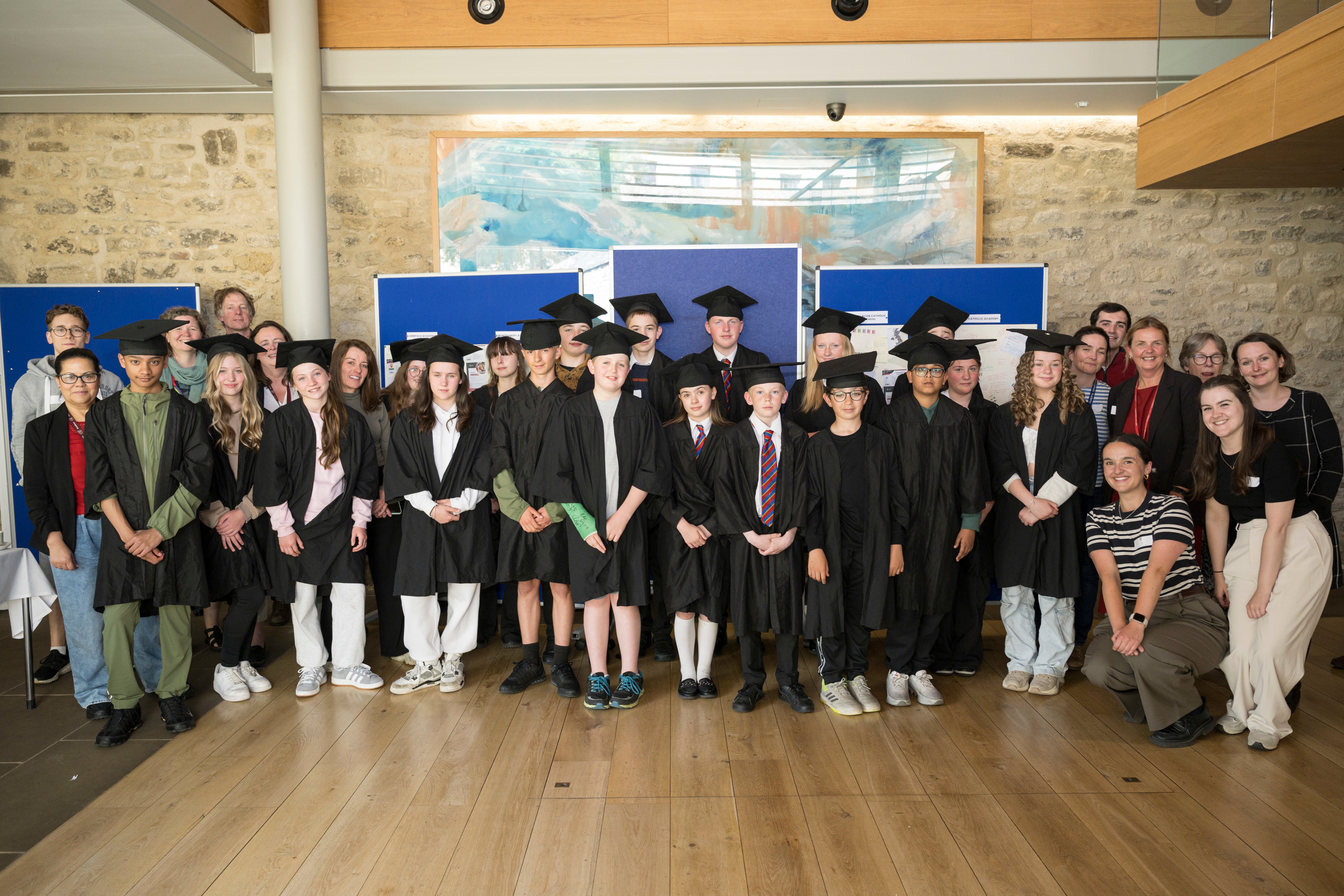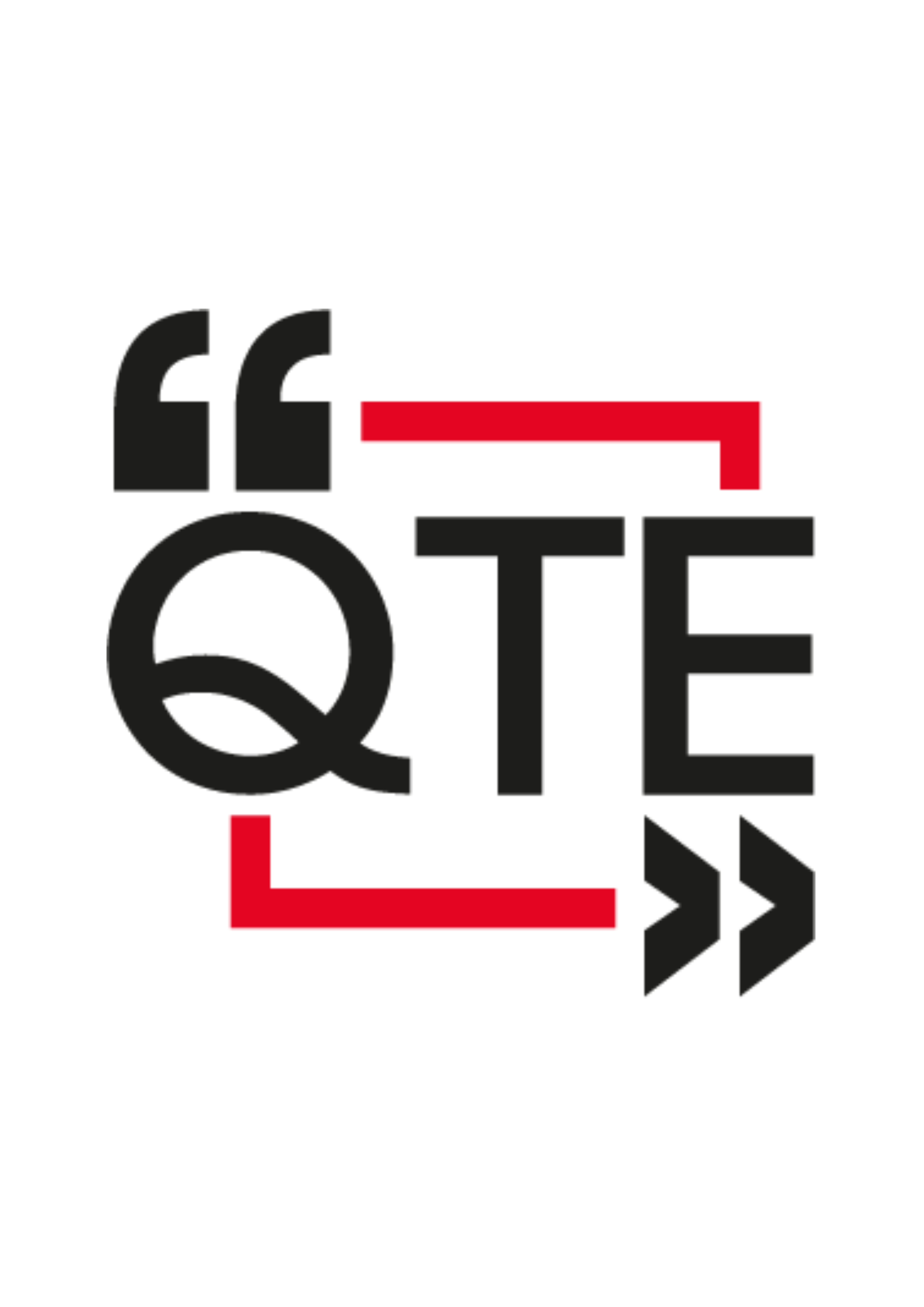Kate Sligo is a PhD student in French at the University of Oxford. She completed an undergraduate degree in Asian and Middle Eastern Studies (Arabic and French) at the University of Cambridge. She is one of the participants in the Modern and Medieval Languages Policy Engagement Project under the direction of Dr Charlotte Ryland.
Language learning in the United Kingdom is in a state of crisis. In November 2023, the University of Aberdeen opened a consultation period to consider discontinuing all honours degrees in French, Gaelic, German and Spanish. In January 2024, reforms were proposed at the University of Kent to close the School of Cultures and Languages along with other humanities fields. While these plans have been partially or completely withdrawn following major protests, other establishments, such as the University of Lincoln, have not fared so well. Between 2007 and 2013, eleven universities closed their language departments.
The situation in schools is no brighter. The Labour Government’s 2002 decision to scrap compulsory foreign languages at GCSE-level has been catastrophic for young people who may have fostered an interest in them and the universities which offer degrees in modern languages. Between 2002 and 2018, there was a 40-50% decline in GCSE foreign language entries. Since Brexit, native language assistants have all but disappeared from UK state schools. There are reduced opportunities for overseas trips and exchanges, which leaves students with no first-hand experience of other cultures. Language learning occupies a fraction of the time accorded to other school subjects and is far behind the duration in EU countries. French, Spanish and German are still harshly graded at GCSE level and there are ongoing shortages of skilled teachers. In April 2024, the Department of Education announced that a scheme aimed at relocating foreign trainee teachers to the UK would not be eligible for renewal.
The UK used to participate in Erasmus, a reciprocal exchange allowing British university students to study at European establishments and vice versa. Secondary school students could also participate in exchange initiatives. Following Brexit, Erasmus was replaced by the Turing Scheme. The new initiative lacks the same networks and infrastructure as Erasmus. 79% of higher education institutions reported difficulties with the Turing application process. Delivery issues such as delayed funding impacted students from disadvantaged backgrounds who did not have recourse to alternative funds. Significantly, the new scheme focuses on outbound exchanges as opposed to reciprocity.
One of the “selling points” of the Turing Scheme was that it ‘strengthen[s] partnerships all over the world – not just those in Europe’. If the UK shuns collaboration with its closest neighbours, how can a spirit of reciprocity extend globally? The two options are not mutually exclusive. Countries outside the EU including Turkey, Serbia and Norway already participate in Erasmus. There are further partner countries such as Egypt, Morocco and Ukraine. In April 2024, there was cause for hope when the European Commission proposed a youth mobility scheme which would enable those aged between 18 and 30 to live, work and study between the EU and the UK. The Conservatives and Labour swiftly rejected the proposal.
Beyond schools, the general national discourse on languages is cynical. There is a widespread belief that ‘English is enough’ as a global lingua franca. This belief is perilous in a globally focused, hyper-connected world. Learning a foreign language goes beyond the attainment of linguistic skills. Students discover the intricacies of perspectives far removed from their own. Embracing a different culture – its history, politics, literature, philosophy, music, art, cinema and more – alleviates fear, misunderstanding and prejudice which are barriers to international collaboration. The world is globalising with or without the UK. As the pool for applicants with language expertise rapidly reduces, areas such as trade, government, diplomacy, law, military and education will struggle to recruit exceptional candidates. In an international climate of war, xenophobia and isolationism, the country will find itself crippled as other cultures become increasingly familiar with our own but not vice versa. According to new research from the University of Cambridge, a rise in secondary school pupils learning French, Spanish, Arabic or Mandarin could boost the UK economy by billions of pounds. The advancement of artificial intelligence has not relegated the vital function of language degrees which go to the heart of what it means to be human.
Change begins at home and at the University of Oxford, a group of postgraduate linguists remain hopeful. They are assisting Dr Charlotte Ryland, founding director of The Queen’s College Translation Exchange, with a Policy Engagement Project sponsored by the Oxford Policy Engagement Network (OPEN). The aim is to transform policy engagement within the Faculty of Modern and Medieval Languages (MML) from one dependent on the commitment, energy and contacts of individuals to one that is embedded institutionally in the Faculty. The students will gather internal feedback from academics in the MML Faculty at Oxford, exploring existing and potential capacity for engagement. There will be cross-faculty collaboration with the Classics, Education and Asian and Middle Eastern Studies departments. Crucially, the group will work with members of the Cross-Government Languages Group to explore what effective collaboration between academics and policymakers can look like, and how it can be seeded and supported. The postgraduates will co-create a training programme on policy engagement, which we hope to repeat in future years. While it is a short-term initiative, running from March to July 2024 with a budget of £8000, it will establish a bridge between two entities in desperate need of dialogue.
In an inaugural meeting in May 2024, the students expressed their thoughts on why discussion between academics and policymakers is essential. Marie Martine, a PhD student researching French, German and comparative literature, commented on the expertise that academics can give policymakers to assist in their decision-making. She described the need for the former to ‘learn the language’ of the latter to find common ground. James Hughes, who is completing a Master of Studies in French, furthered the notion of reciprocity, remarking that policymakers can help academics ‘translate’ their ideas for a different audience and subsequently inflect their research. Isabel Parkinson, a PhD Germanist, is interested in outreach and how language policy considers regional and social disparities. Ola Sidorkiewicz, who is undertaking a PhD in Slavonic studies, seeks to challenge the view that area studies experts must be social scientists. Humanities specialists need to showcase their research to policymakers. She recognises that language degrees are in a state of crisis – academics understand their value but it is time that others do too.
The group listened to presentations from Dr Ryland and Tom Kelsey who is the Humanities and Public Policy Officer with OPEN. They learnt about the importance of translating ‘academic speak’ into practical solutions which civil servants can implement into policies. They were informed about the complexities of achieving lasting change within a political system and the importance of celebrating small victories. This new strategic approach to policy engagement in the MML Faculty will ensure continuity of effective exchange. Faculty members will have an improved understanding of their role in supporting researchers to connect with policymakers who, in turn, will be aware of engagement opportunities.
Rather than dwelling on what a future without a vibrant language learning sector in education will look like, it is important to envision the qualities that would be fostered in a nation where every student is encouraged to discover a different society. Empathy – that superpower which prioritises perspective over perception – thriving beyond borders.



